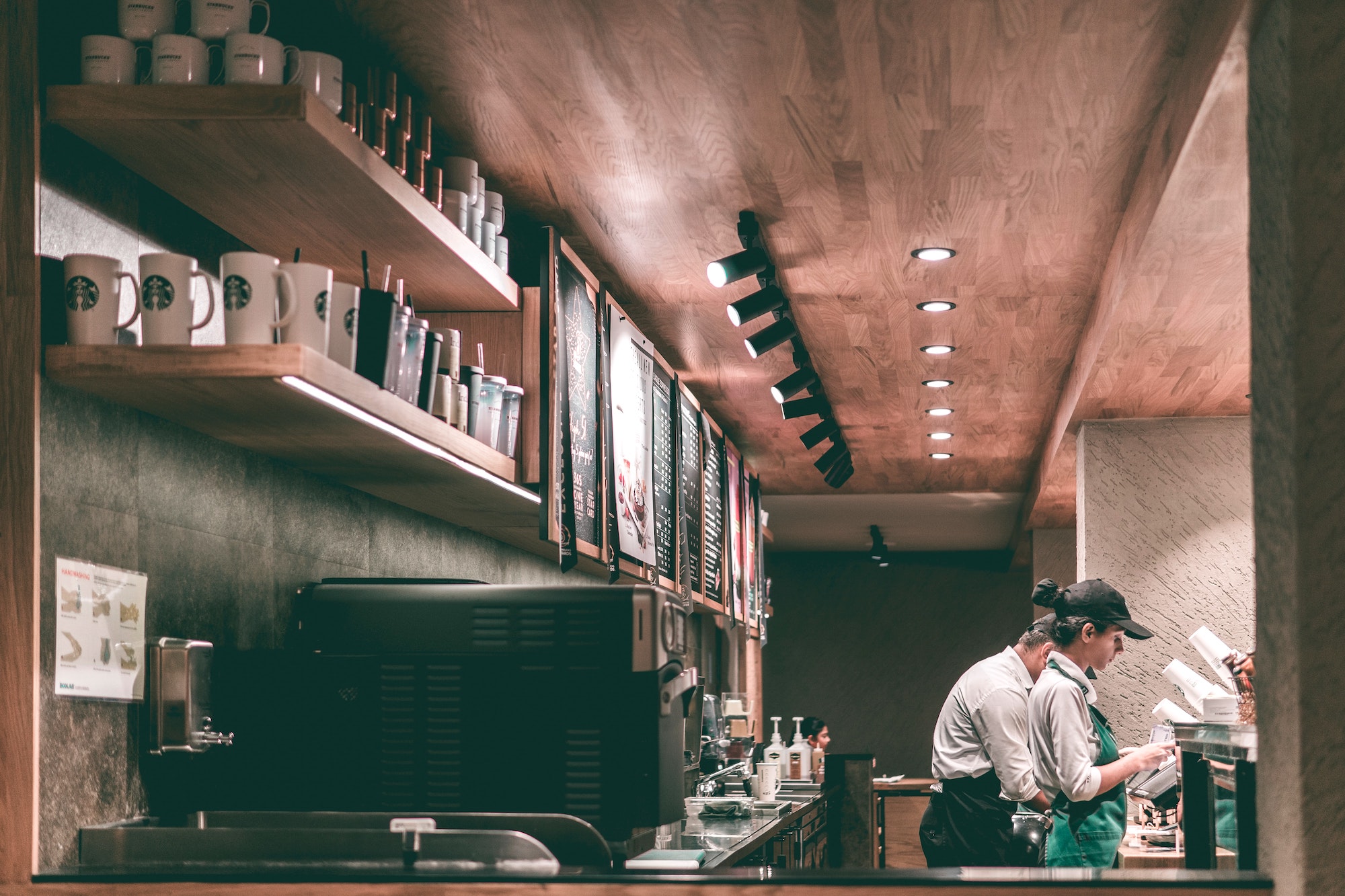As many budding and established restaurateurs know, there are a million different ways to serve food outside the comforts of your dining room. There are a million different ideas about food you can put out into the world and it can be argued that only few are guaranteed to work.
When you finally take the leap and decide to open a food establishment, you might come at a crossroad. Do you want to go for the best profit margin by franchising an existing property? Or do you want to make a mark and establish your original idea?
The thing about choosing which way to go is that it never really has to feel like a tough debate—as long as you’re pretty sure about what you want to do with your capital.
Creative control
If you value your own ideas, then there should be no stopping you from putting life to your own restaurant concept. There’s the risk of people not taking your bait and not succeeding, but when you do get over the hump and it flourishes, the feeling is incomparable.
“Theres nothing like seeing it actually come to life,” says Patrick Santos, the man behind The Bowery, Nolita, and Borough, among a whole roster of bustling original ideas. “Seeing it actually being executed—from the actual food on the menu, to the interiors, to all of the branding, to even how the staff in the kitchen [operate], to see all the customers there enjoying your concept.”
“Whether it’s [adjusting] the price point of different types of dishes or having to create a meal for a certain timeframe, it’s sometimes difficult to do when it’s a franchise because everything has to be approved, and it takes time,” says Dodjie Violago.
Although there is inherently more to lose in staking out a unique concept, there is at least relatively less to pay upfront in order to set up the business. Franchising requires paying licensing fees and royalties that sap your takeaway. “On the business side, you save a lot from the royalty, franchise fee, the usual,” says Dodjie Violago of Ba Noi’s, Single Origin, and Taqueria Lo de Alberto.
A franchise might also restrict your adaptability in places and situations where you need to be more flexible. A restaurateur running their own place can easily and freely troubleshoot and tweak their branches for better business, whereas to make such changes under a franchise, you would have to wait for the principal’s approval.
“Every location that you open, you have to know your demographics, your target market. So you have to adjust accordingly sometimes,” adds Violago. “Whether it’s [adjusting] the price point of different types of dishes or having to create a meal for a certain timeframe, it’s sometimes difficult to do when it’s a franchise because everything has to be approved, and it takes time—as opposed to, if you control everything. You do your R&D, you do your costing, you do your SRP, and then you execute right away.”
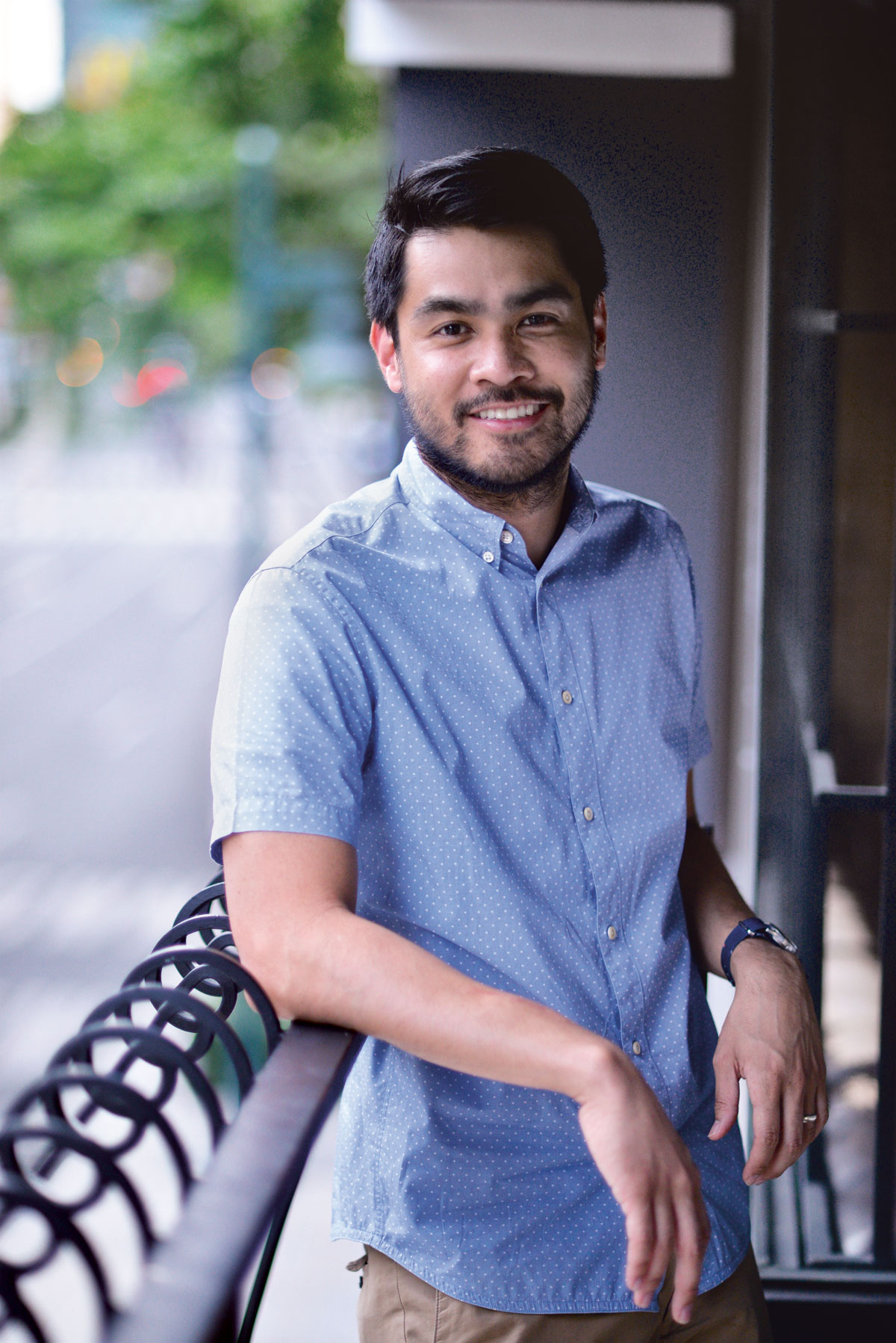
While it seems like running a business that’s 100 percent yours is the dream for most entrepreneurs, it’s not as simple as it looks. Beyond the financial risks, the challenges that already exist, and the successful creation is a visionary who also managed to overcome creative and logistical challenges.
“I guess the first challenge you would have to face is coming up with the unique concept itself,” says Santos. He has been operating his own restaurants for the past few years,and each of them, while influenced by many different cuisines and environments, are all carried out his way.
“It’s hard, especially nowadays when the restaurant industry is so competitive. It’s becoming harder and harder to set yourself apart. Other than that, other challenges would be building the brand and sort of figuring out the best way to run each concept.”
He also mentions problems like finding the right suppliers for everything—from the ingredients to the marketing collaterals to everything that’s used in the restaurant, stuff that franchisers would normally provide for franchisees.
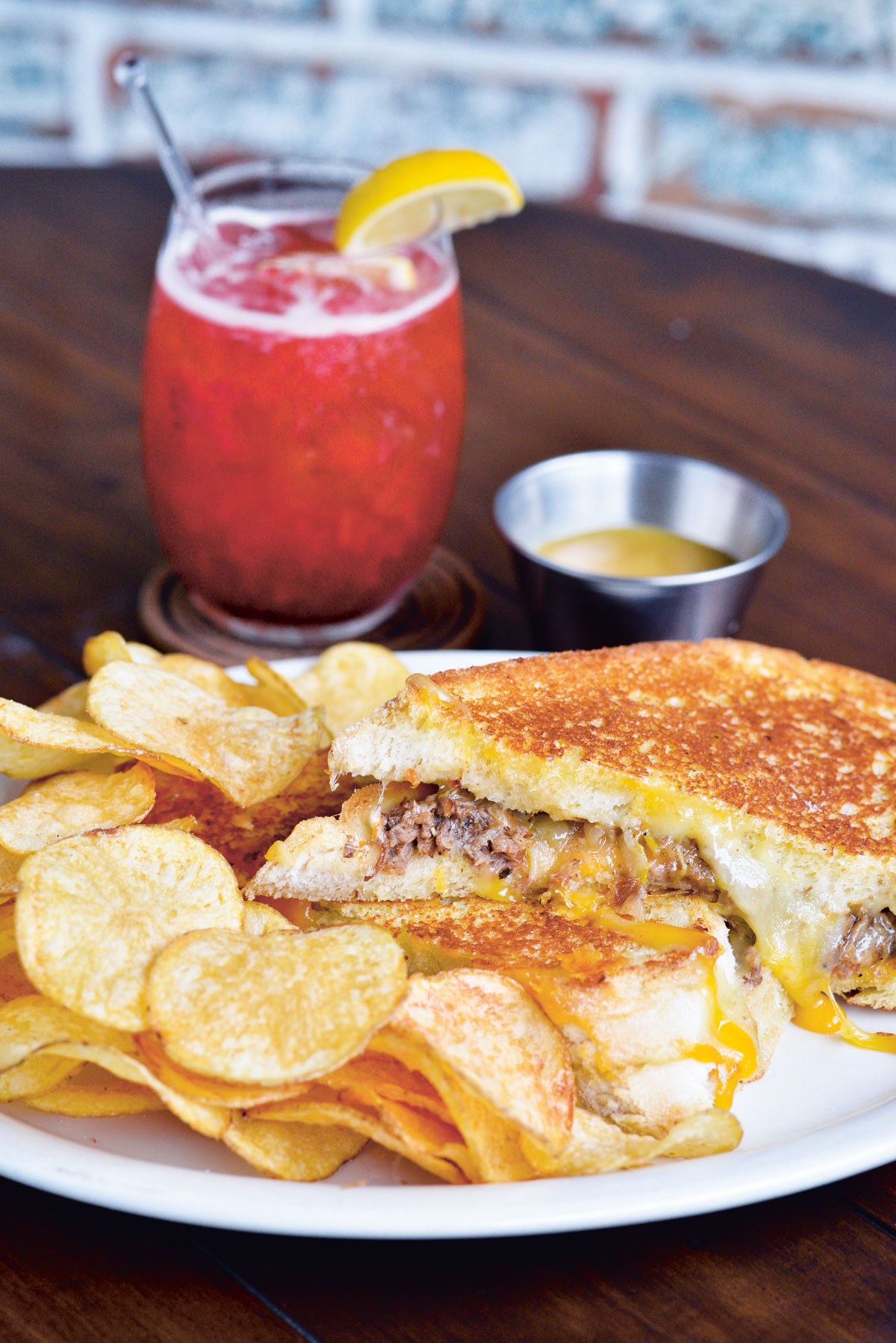
Brand extensions
For those who want to put up a business primarily for the sake of making money, franchising a pre-established brand is the easier and surer way to stake a claim in the restaurant industry. Although you pour in more money to set up your own branch, the benefits are more tangible as the entrepreneur inherits a tried-and-tested business model and system that doesn’t have to take time figuring out. Plus, it’s easier, in varying degrees, to get people to recognize your brand and market it to them.
There are hurdles but they’re lower than they would be if you were to prop up your original idea. The two Carlo Lorenzanas (not related to one another) who brought in a premier Argentinian steakhouse to the Philippines can attest to this.
“It was really difficult for us to open La Cabrera in Manila because we faced so many challenges,” they say. “Just the basics of finding the right meat and finding the right location. This is such a beautiful restaurant, such a beautiful concept. Can you imagine having this inside a mall? Or a standalone [branch] along a road in Makati? It wouldn’t have the same impact. It was difficult for us to find a location that matches the concept.”
If you can wisely choose which franchise to bring, you might reap more rewards than expected. Franchising, however, also has its share of turnoffs. A known brand, for instance, might turn off customers who look for authenticity by way of uniqueness.
But the benefits, once the place gets going, are boundless. For example, the Lorenzanas speak of “technology transfer” in which Argentinian chefs fly here and introduce new techniques and science to create dishes and flavors that the locals might not have experienced before.
They also boast of the brand equity La Cabrera brings due to the similarities of Philippine and Latin American culture and cuisine. If you can wisely choose which franchise to bring, you might reap more rewards than expected. Franchising, however, also has its share of turnoffs. A known brand, for instance, might turn off customers who look for authenticity by way of uniqueness. “[People might say] that’s too commercialized,” says Lorenzana.
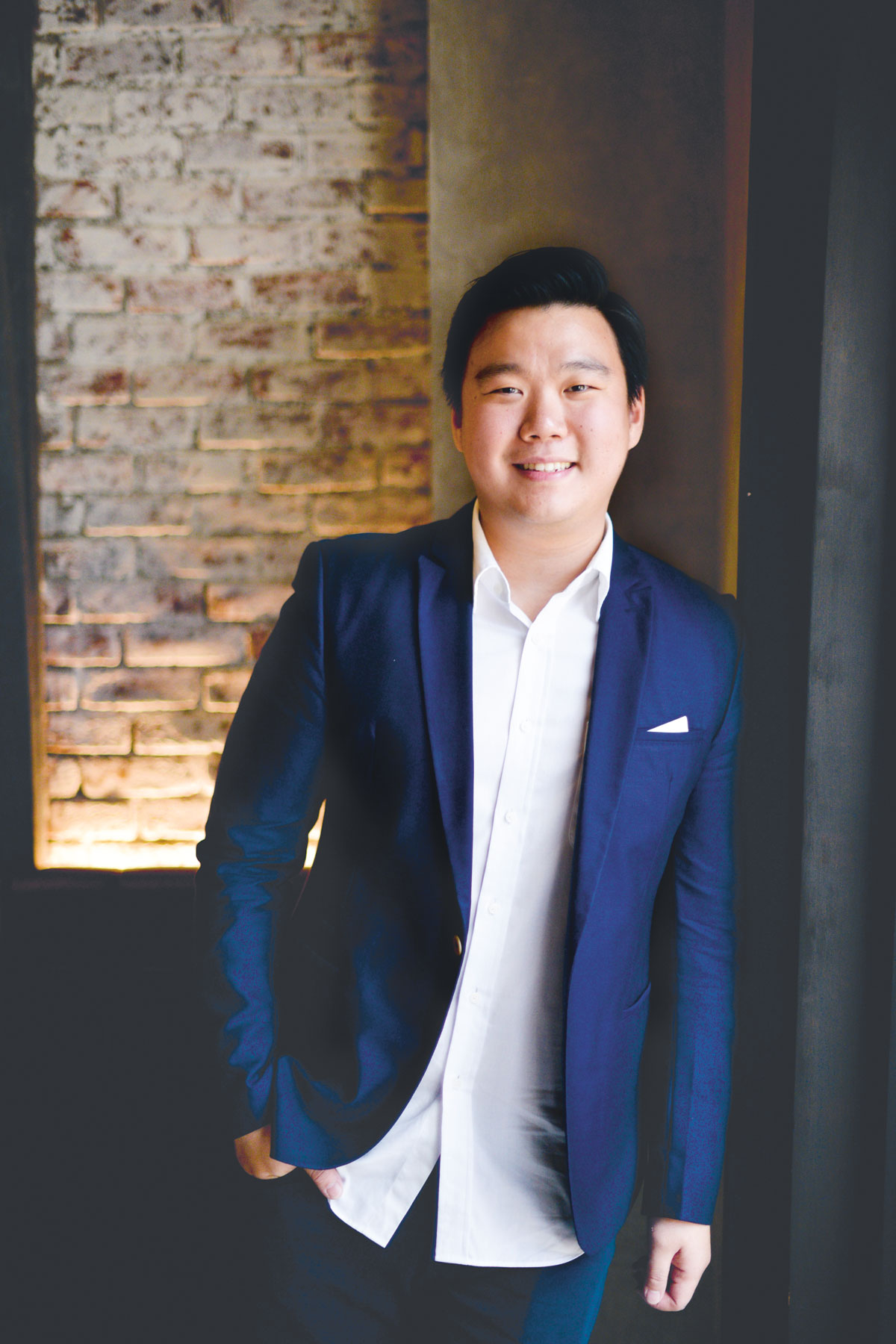
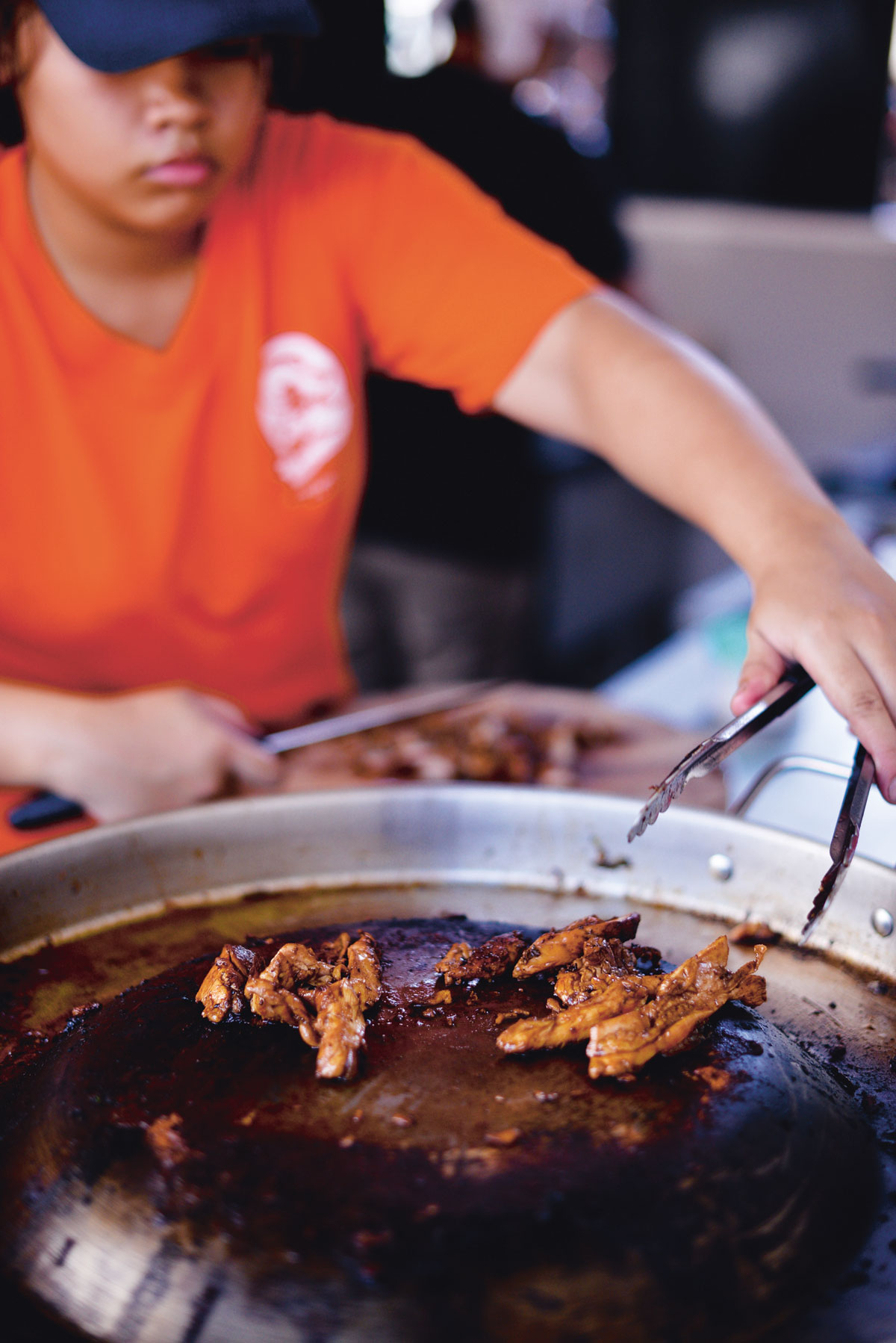
Crossbreed franchise concept
It’s interesting to note that there are new developing models of franchising a business, something we could call a “hybrid franchise,” in which the principal grants the franchisee freedom to create new, distinct items while still retaining the franchise’s name. La Cabrera is an example—although its chef Gaston Riveira has come to the Philippines to help set the restaurant up, he has given the owners free rein to modify the menu according to what would work best.
“This is a franchise on paper,” Lorenzana says. “We’re able to use his brand equity, his recipes, his ingredients, his style of service, but unlike other franchises where you have to follow [their guidelines] strictly, it isn’t like that here. Chef Gaston allowed us, through chef Juan [Barcos, his right-hand man], to come up with our own dishes—not even in Argentina. For example, the desserts here are made by chef Juan with the approval of chef Gaston. We share similarities with the original, but chef Gaston allowed us to have our own take and make it a little more refined.”
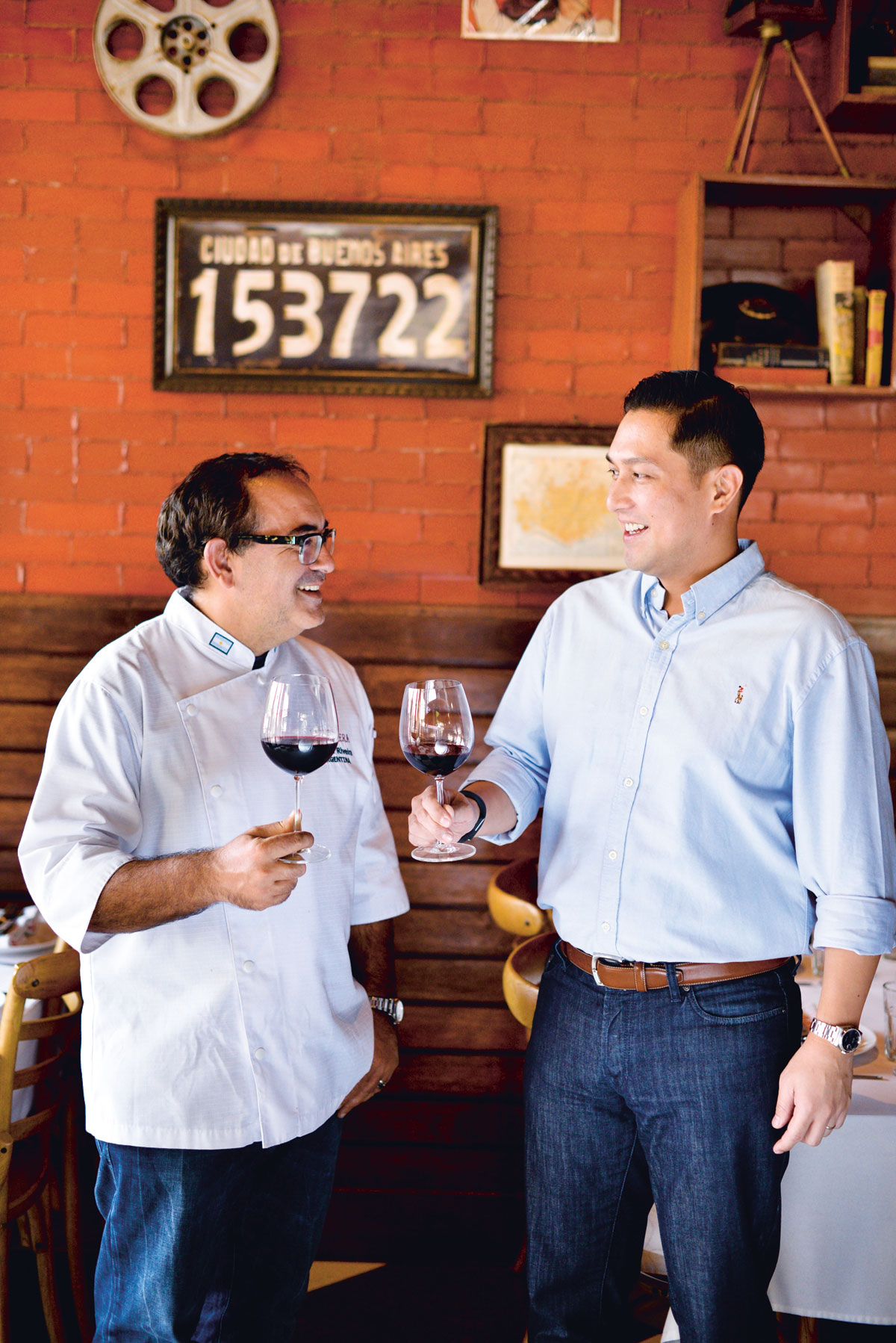
Another example of a hybrid franchise would be the Todd English Food Hall in SM Aura, and its recent offshoot restaurant, Pound by Todd English. Both brought together by businessman Eric Dee, these places, especially the latter, merely carry celebrity chef Todd English’s name but Dee is almost 100 percent behind the concept.
“I met Todd English about six years ago in Kuala Lumpur,” recounts Dee. “He was there doing a tour of Malaysia. [We had] two years of back and forth emails. Initially, we wanted to do either Pub or Public Urban Bar by Todd English, or Olive, which is a little more Mediterranean and his signature restaurant. But after two years, I said, ‘We’ve been exchanging emails for long enough. I’m going to go to New York, let’s have lunch.’ From that lunch, the rest was history.”
It’s interesting to note that there are new developing models of franchising a business, something we could call a “hybrid franchise,” in which the principal grants the franchisee freedom to create new, distinct items while still retaining the franchise’s name.
The food hall concept, originally from New York, which is the only other place with a Todd English Food Hall, was modified to better suit Filipino dining culture. They removed all the expensive items you would normally find in the Food Hall in the U.S. and they reduced the kitchen size before opening—and when they found that Filipinos wanted more, they quickly adapted and added to the location. A restaurateur wouldn’t normally be able to become that flexible in that short a time.
It has to be noted, however, that not every entrepreneur is going to get lucky franchising a brand that will allow you to be creative with the execution. At the end of the day, it all goes back to what kind of entrepreneur you are and what you want to achieve with your business.
Santos sums up the internal discussion well. “It really depends on your appetite for risk. Honestly, I think it’s a safer bet to just franchise. The name is established, the system is established, and you have the principal to back you up. If you’re somebody who wants a sure thing and if you have enough capital, I would recommend just going for franchising. On the other hand, if you’re more of a gambling person and if you’re really more in it to express ideas and you really want to see things come to life, I would recommend putting up your own concept. It’s more fulfilling because it’s really all yours.”
Originally published in F&B Report Vol. 13 No. 4





